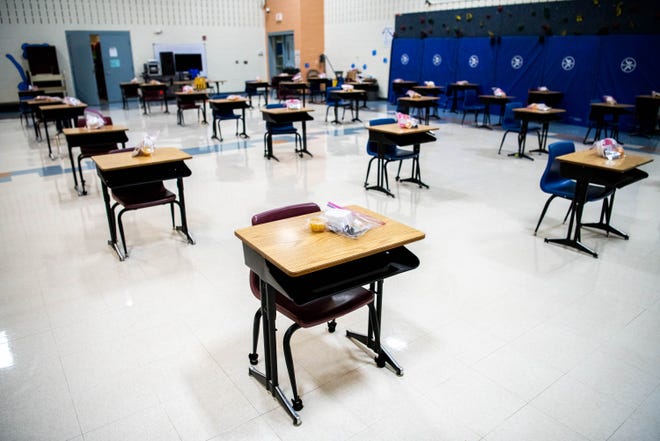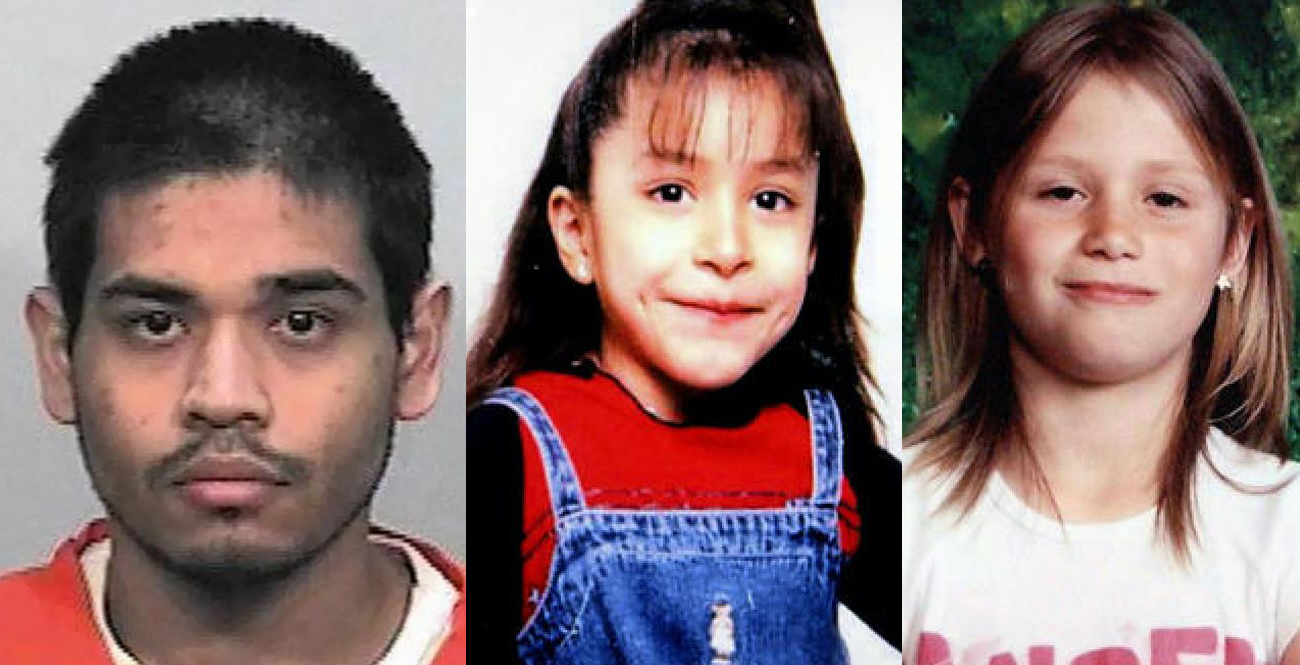For all the talk of life receiving back to typical, school hasn’t been the exact in yrs.
A few yrs considering the fact that the coronavirus pandemic shuttered schools throughout the U.S., college students have experienced a single disruption immediately after a different: a COVID outbreak below, a flood there, an ice storm, hurricane, or tornado about there. Group gatherings, faculty-similar violence, even h2o method breakdowns have disrupted course.
New analysis revealed Monday in the journal Nature Human Habits concludes that the mixture of pandemic-related college closures, the change to digital discovering the place it was even an choice and the psychological wellbeing toll on learners established children back again by about a third of a calendar year. The assessment concluded as a lot based mostly on a evaluation of 42 other experiments executed in 15 countries. Just about all the world’s scholar populace experienced faculty closures since of COVID.
That possibly seems familiar, but inspite of billions of dollars pouring into universities to make up for shed time, the hole hasn’t closed considerably more than time – nevertheless it hasn’t gotten worse, both. Scientists concluded students’ math skills took a bigger dive than looking through. Meanwhile, youngsters from reduced-profits households, and international locations, fared the worst.
“We never see a very clear sample for this deficit getting recovered,” claimed lead author Bastian A. Betthäuser, of Sciences Po in Paris. “That’s surely concerning.”
Looking at and math scores fell all through the pandemic. How did your point out fare?
‘A worrisome trend’: ACT scores continue on to drop, dropping to lowest stages in 30 a long time
What is ‘learning loss’?
Educators have for many years known that pupils backslide on math and reading competencies during summer crack. Only a sliver of kids in U.S. faculties show up at lessons calendar year round.
1 resolution has been high-top quality summer months college to preserve youngsters studying and carrying out math.
Additional college districts are turning to summer time faculty offerings since the pandemic, RAND Corporation located in a study. Kids have to attend frequently and the plans require to past prolonged ample to make a change, nonetheless, and many university devices usually are not thinking of what definitely is effective when they established up their summer lessons.

“Little ones really don’t gain from just after college or tutoring or something if they really do not exhibit up,” claimed Phyllis Jordan of FutureEd, a assume tank based mostly at Georgetown College.
In Los Angeles not too long ago, where by excess optional times ended up added to the college yr for the duration of wintertime crack, less than 10% of pupils in the nation’s second-premier district confirmed up.
(To be sure, there are plenty of people today who are skeptical about learning loss.)
US students shed decades of development in math, examining:Could this system be the solution?
What part do mother and father participate in in catching young ones up?
While colleges and teachers had been showered with blame for shifting to digital lessons all through the pandemic for months on finish, and off-and-on for a even though after that, now it may well be on dad and mom to understand that the young children are not all ideal.
That signifies having them to summertime college, educational programs just after university and added faculty times and not assuming excellent grades imply pupils don’t have area for enhancement.
“There are these national surveys that are suggesting that moms and dads imagine issues are much more or a lot less again on observe,” researcher Dan Goldhaber just lately explained to the education outlet The 74. “And I assume there’s great proof that young children are not nonetheless back on track. So we’ve got what I would say is an ‘urgency gap.’”
You will find no time to squander, Betthäuser claimed.
“I surely feel there is hope for guidelines to get better studying. We just have to do it,” he explained.
If the U.S. and other countries you should not make investments in the proper alternatives, quickly, and make sure students participate, he reported, “I’m not confident no matter if we are heading to be able to completely capture up these discovering deficits that we’re observing.
“This is probably going to be a large dilemma for this generation.”








